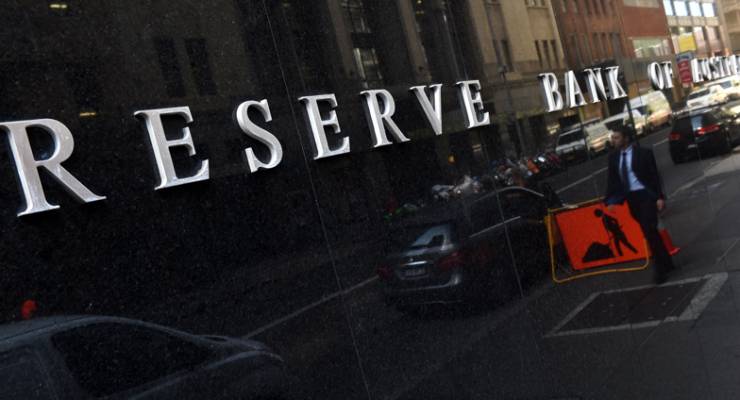
The call from powerful South Australian Senator Nick Xenophon and economist Danny Price to extend the Reserve Bank’s mandate to nominal growth targeting is an attempt to import a foreign solution to foreign problems.
Xenophon and Price want the RBA’s current mandate — an inflation rate of 2-3%, on average, over the cycle — extended to include nominal GDP growth, to reflect the fact that nominal GDP growth has been persistently flatter for a number of years since the financial crisis, with attendant impacts on government revenue and wages growth.
The result would like be a more active monetary policy, with the bank cutting rates more deeply when nominal growth was low, and lifting rates more aggressively when growth was high.
Inflation targeting — which began in New Zealand in the 1980s and then spread to other central banks in the intervening decades — has been very successful in Australia and an important contributor to the absence of recession since the early 1990s (along with the floating of the dollar, which goes hand in glove with the inflation target). However, now that inflation (which, remember, the RBA measures not via CPI but by less volatile underlying indices) is persistently undershooting the 2-3% band, critics have emerged to question the RBA’s response of cutting interest rates further. There has also been extensive debate in countries such as the UK and the US about how to restore stronger economic growth.
The problem for Xenophon and Price, however, is that the problems and challenges of other Anglophone economies don’t necessarily apply to us. We still have some way to go before we reach the zero bound — an interest rate of 0% — and we still have reasonably robust economic growth and jobs growth. And while wages growth is low — as Xenophon and Price point out — inflation is even lower, meaning workers still have rising real incomes, even if it doesn’t feel like it.
And the primary sources of anaemic nominal GDP growth are external to Australia or would not be affected by the still-lower interest rates that would ensue from aggressively targeting nominal growth — low worldwide inflation and low growth, the end of the mining investment boom, and a lack of help from fiscal policy. While the government is continuing to run a significant budget deficit to prop up growth, it has cut infrastructure investment, which, coupled with the end of the mining investment boom, means significantly less demand for major engineering projects and their labour requirements. Lower interest rates aren’t going to get more infrastructure investment happening — only the government can make that happen.
Xenophon and Price’s proposal would put yet more onus on the RBA to drive growth. It “may complicate the fiscal discussion,” outgoing RBA governor Glenn Stevens said a fortnight ago, but “we can’t just assume that monetary policy can simply dial up the growth we need”. The answer lies on the other side of economic policy, with the government and its budgeting.








On the one hand, Bernard (with apologies to Dyer), you bemoan the lack of government infrastructure spending, yet on the other hand you appear at least to largely dismiss the critique of neoliberalism. Isn’t it though precisely the hegemonic dominance of neoliberalism that is precluding western governments from the increased borrowing (and corporate tax collection) needed to invest in infrastructure?
Bruce
Bernard Keane’s piece was, to my reading, not a dismissal of on going critique from the left of neoliberalism per se, but of the misleading deployment of “neoliberalism” as a catch all whipping boy. I agree however that Bernard could have at the same time focused more on the neoliberal blanket obsession with government debt. As you rightly point out governments should be taking advantage of low interest rates to invest in properly selected infrastructure on a cost benefit basis. This should also be accompanied by taking infrastructure ‘off budget’ as has been done with the NBN and as proposed by a number of economists.
Wages may be growing slowly and real incomes may be rising, but living costs are rising more, so workers are less well off, unlike executives.
Even the 2-3% inflation rate is quite arbitrary. Worse still, the way things have gone the interest rate movements now have very little effect either way and may in themselves be contractionary, so the RBA really don’t have much they can do (except stopping cutting interest rates!)
So it is up to government, and while spending is the answer, the only spending that will count is ‘good’ spending to help the economy, which is mainly in the form of infrastructure investment (think the NBN rather than more roads) handouts to the less wealthy (pensions, unemployment benefits, low wage employees) and make sure they do nothing for groups that will have no effect on the economy (medium to large business, high wage earners), or better still, increase their taxes to pay for the largesse to the less wealthy. Yeah, I know, crazy talk.
Sounds good to me, DB…but I agree it probably won’t happen under this motley crew of a government!